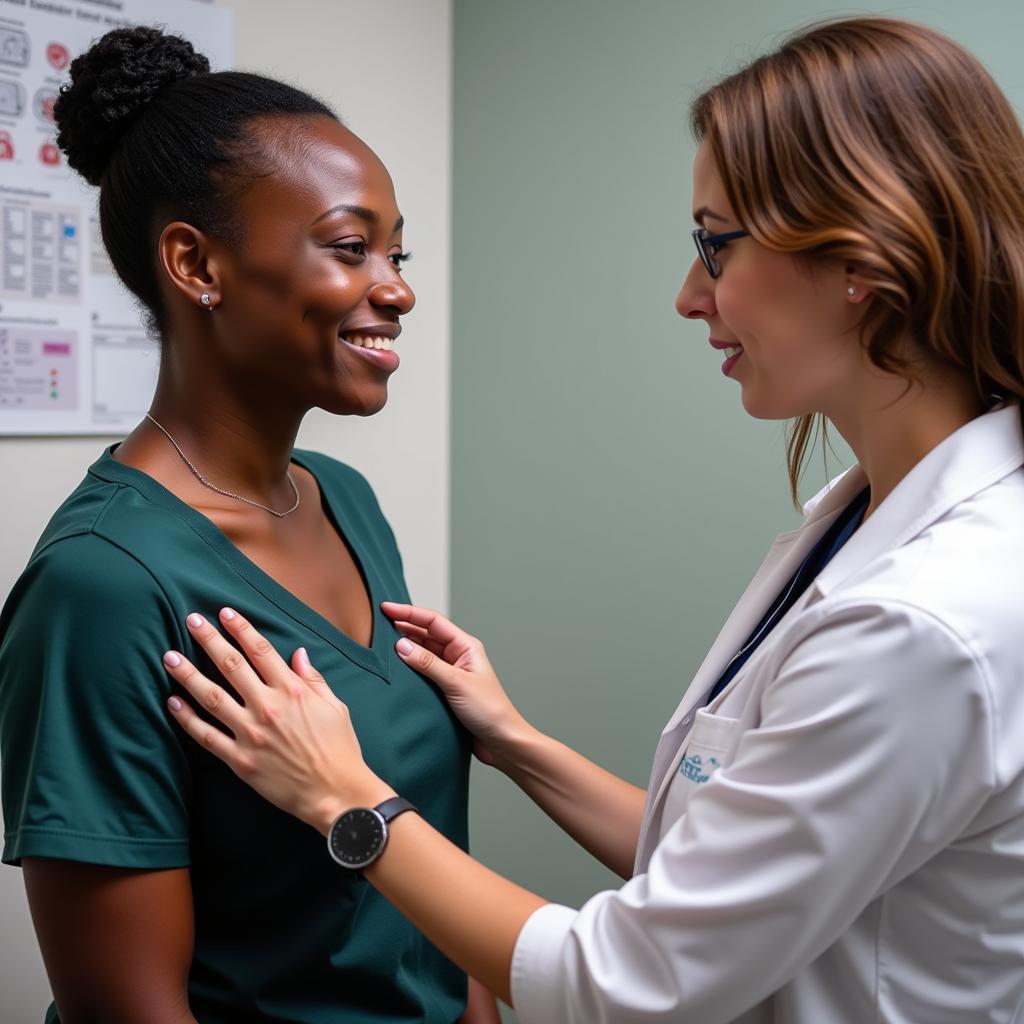African American women face unique challenges when it comes to breast cancer. While the overall incidence of breast cancer is lower in African American women compared to White women, they are more likely to be diagnosed with aggressive subtypes, present at later stages, and experience poorer survival outcomes.
Factors Contributing to Breast Cancer Disparities
Several factors contribute to the disparities in breast cancer outcomes for African American women:
- Biology: African American women are more likely to be diagnosed with aggressive subtypes of breast cancer, such as triple-negative breast cancer, which tends to grow and spread faster.
- Socioeconomic Factors: Limited access to healthcare, lack of health insurance, and residing in medically underserved areas can delay early detection and treatment.
- Cultural Beliefs and Practices: Mistrust of the healthcare system, fear of diagnosis, and cultural beliefs surrounding cancer can lead to delays in seeking medical help.
The Importance of Early Detection
Early detection is crucial for improving breast cancer outcomes. When detected early, breast cancer is highly treatable, and the chances of survival are significantly higher.
 African American woman getting a breast exam
African American woman getting a breast exam
Here are some essential steps for early detection:
- Breast Self-Awareness: Be familiar with your breasts’ normal look and feel. Report any changes to your doctor promptly.
- Clinical Breast Exams: Regular breast exams by a healthcare provider can help detect lumps or abnormalities.
- Mammograms: Annual mammograms are recommended for women starting at age 40, or earlier based on individual risk factors.
Addressing Barriers to Care
Overcoming the barriers to healthcare access is crucial for improving breast cancer outcomes in African American women. Community-based initiatives, patient navigation programs, and culturally sensitive healthcare approaches can play a vital role in addressing these disparities.
“We need to empower African American women with knowledge and resources to advocate for their health,” says Dr. Anika Jones, a leading oncologist specializing in breast cancer disparities. “By addressing the systemic barriers and providing culturally tailored care, we can make significant strides in closing the gap in breast cancer outcomes.”
Conclusion
Addressing the unique challenges faced by African American women with breast cancer requires a multi-faceted approach that focuses on increasing awareness, improving access to healthcare, and addressing cultural sensitivities. By working together, we can empower African American women to take charge of their breast health and strive for health equity.
Leave a Reply